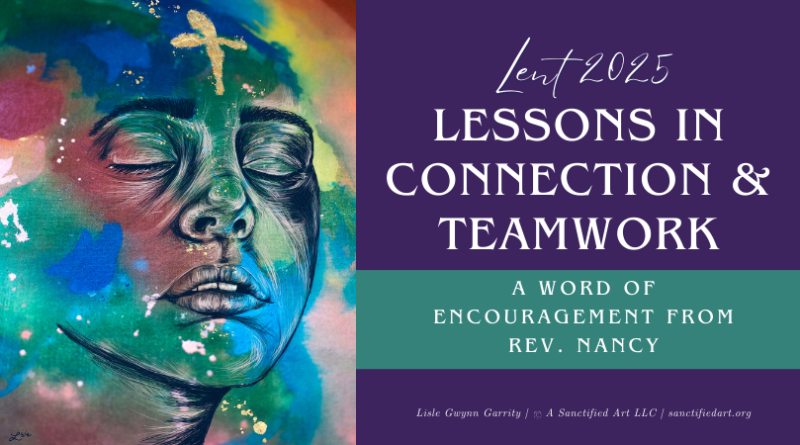Lessons in connection and teamwork
Heal Educate Empower — these words organize the mission of the Friends of Barnabas
Following Hurricane Mitch in 1998, The Reverend Linwood Cook began leading mission trips to Honduras. Along with the destruction caused by the hurricane, he saw the effects of limited access to healthcare in rural communities, especially for children. In 2000, Linwood founded Friends of Barnabas (FOB) to create a sustainable pathway to improve healthcare in remote villages. Named after Barnabas, one of Jesus’ early disciples (whose name means son of encouragement), FOB marks its twenty-fifth year of offering healthcare services, training local providers, and empowering communities.
Each month FOB welcomes medical teams who visit five communities at various stages of development in the three-year community education process. FOB has also trained the first pediatric cardiovascular surgeon in Honduras, which means children no longer have to wait for a visiting surgeon to get lifesaving care in their own country.
On March 15, five people from All Saints’ (Joe and Debbie Stegman, Julia Hill, Dennis Lockney, and myself) headed to Honduras. We were joined by people from Virginia and upstate New York. Our team “Muchos Manos” contained three doctors, three nurses, one dentist, and one pharmacist along with enthusiastic folks ready to take on support roles. I was in this category and spent the week weighing and measuring children and taking the blood pressures of adults.
This was my second mission trip to Honduras. (I had joined Episcopal mission teams in the early 2000 which were also responding to the devastation caused by Hurricane Mitch). We worked in Ojo de Anguita, Cerro Azul, Piletas, Las Margaritas and La Germania. You can read about the details of our mission on the mission team blog. https://www.fobf.org/blog
My experience with Friends of Barnabas broadened my perspective on service, healthcare, and community. Traveling to rural Honduras, I witnessed firsthand the challenges that many families face in accessing water, let alone basic medical care. Through our work in mobile clinics, I saw the impact that even small acts of kindness and medical intervention could have on individuals who otherwise lacked resources. This experience reinforced my belief in the importance of service and deepened my appreciation for the privilege of access to healthcare. (I have had two healthcare appointments since my return in which I drove, not walked, waited in a chair in an air-conditioned waiting room, not standing outside, received specialized medical care, and was back to my office in an hour).
Beyond the medical aspect, this trip emphasized the power of human connection. Whether through a smile, a handshake, or a shared moment of laughter with a child, compassion transcends words. Despite language barriers, the warmth and gratitude of the communities where we served was clearly evident. The local people’s resilience and kindness, even in the face of hardship, were inspiring. It was clear that the team visits were important to the community. Everyone wore their best clothes. Some of the teens were in prom dresses!
Working alongside a dedicated team of volunteers and Honduran healthcare professionals and translators, reinforced for me the power of teamwork and selflessness in creating meaningful change. It reminded me that true service is not about grand gestures but consistently showing up, fostering a spirit of generosity and doing what we can to make a difference. Even the smallest efforts can create ripples of change in the lives of others.






